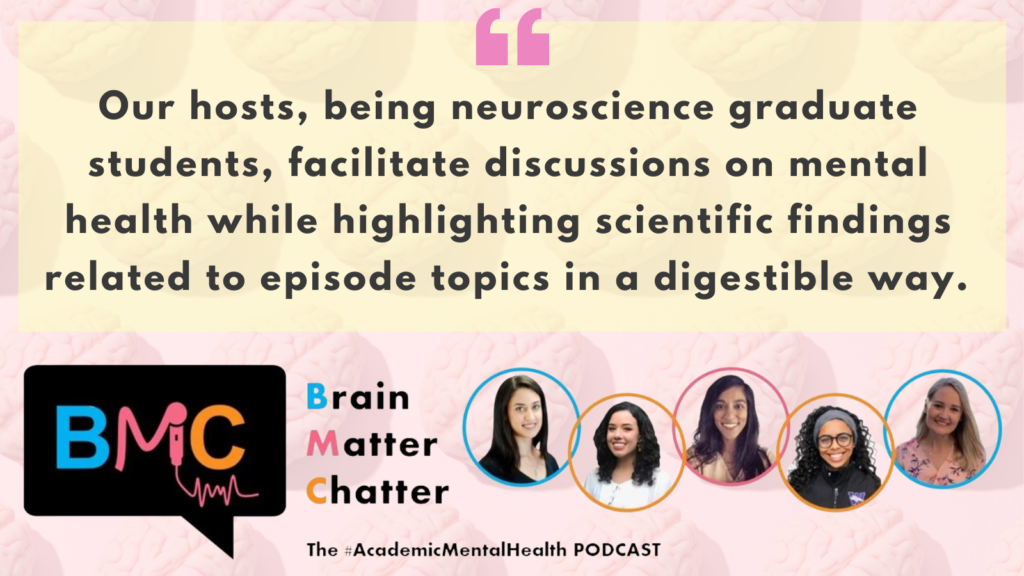PROFILE: Rubina Malik, Ph.D. candidate, clinical neurological sciences
"We know so much, yet so little, about the brain, and I was fascinated by the prospect of uncovering some of the greatest mysteries of the human condition."

"We know so much, yet so little, about the brain, and I was fascinated by the prospect of uncovering some of the greatest mysteries of the human condition."

My name is Rubina (Ruby) Malik (She/Her), and I’m an Indo-Pakistani Canadian, originally from Scarborough, Ontario. I completed my undergraduate degree at McMaster University in the Arts & Sciences program and I have an MSc in social cognitive neuroscience.
I’m now a Ph.D. candidate at Western University, investigating the intersection of social cognition and genetics in patients with dementia. In particular, I’m interested in exploring neurocognitive mechanisms and genetic variants associated with apathy across neurodegenerative dementias. My research involves neuroimaging techniques, as well as cognitive and genetic testing.
The Arts & Science program is unique. It gives students the opportunity to explore a range of disciplines, without having to pick a “major.” In my third year of undergrad, I took a course called medical humanities; it was an eye-opening introduction to the patient experience. We read several books in the course. The most impactful to me was “Special Exits” by Joyce Farmer. Joyce painted a poignant picture of loss and caregiver burden in dementia, inciting a deep sense of compassion within me.
I knew then that I wanted to be involved in helping improve the quality of life in patients and caregivers. Relieving apathy in patients with dementia can tremendously help improve quality of life.
Entering a neuroscience program seemed like the natural next step. I often elected to take courses in psychology, neuroscience, and biology, purely out of interest and enjoyment. I knew that if I chose to pursue research, neuroscience would be the field. We know so much, yet so little, about the brain, and I was fascinated by the prospect of uncovering some of the greatest mysteries of the human condition.

I started a podcast, called Brain Matter Chatter, to bring awareness to #AcademicMentalHealth. Brain Matter Chatter is unique in that it highlights student narratives, faculty perspectives, and expert advice on mental health, and includes a scicomm element to it as well.

1. Apathy is a neuropsychiatric syndrome associated with tremendous caregiver burden, accelerated cognitive decline, and increased morbidity.
2. Apathy is difficult to diagnose and treat, largely due to a gap in our knowledge about the brain regions and cognitive processes that underlie it.
3. Apathy is the most common neuropsychiatric syndrome in Alzheimer’s disease.
Connect with Rubina:
